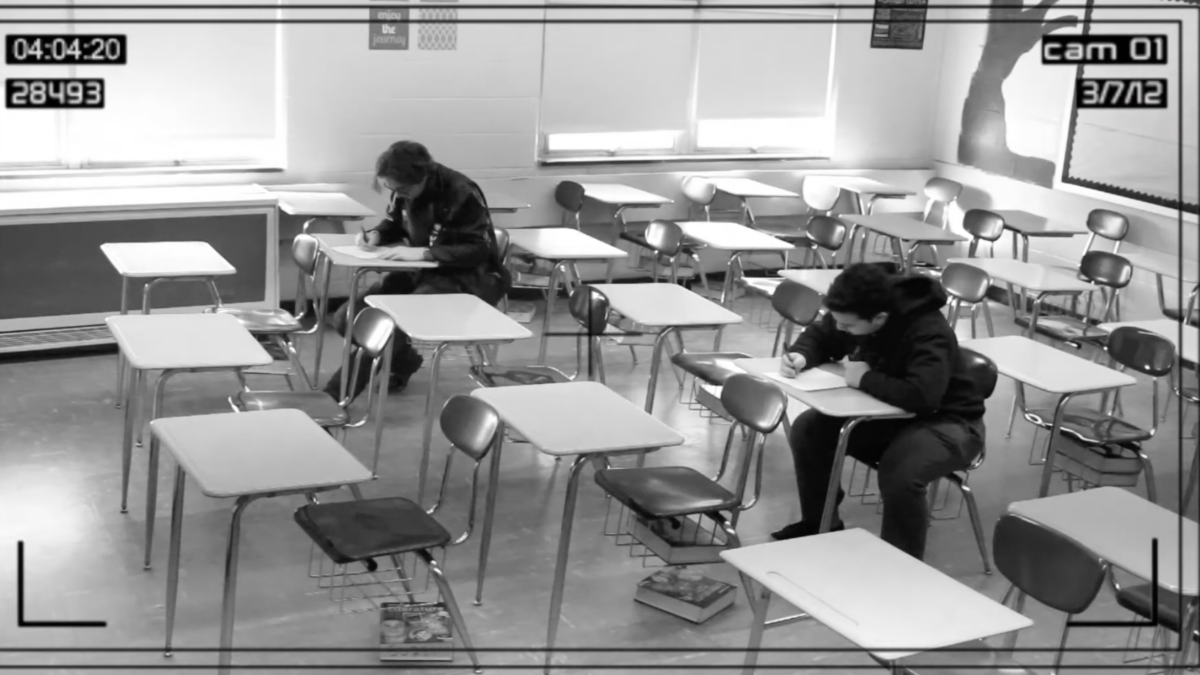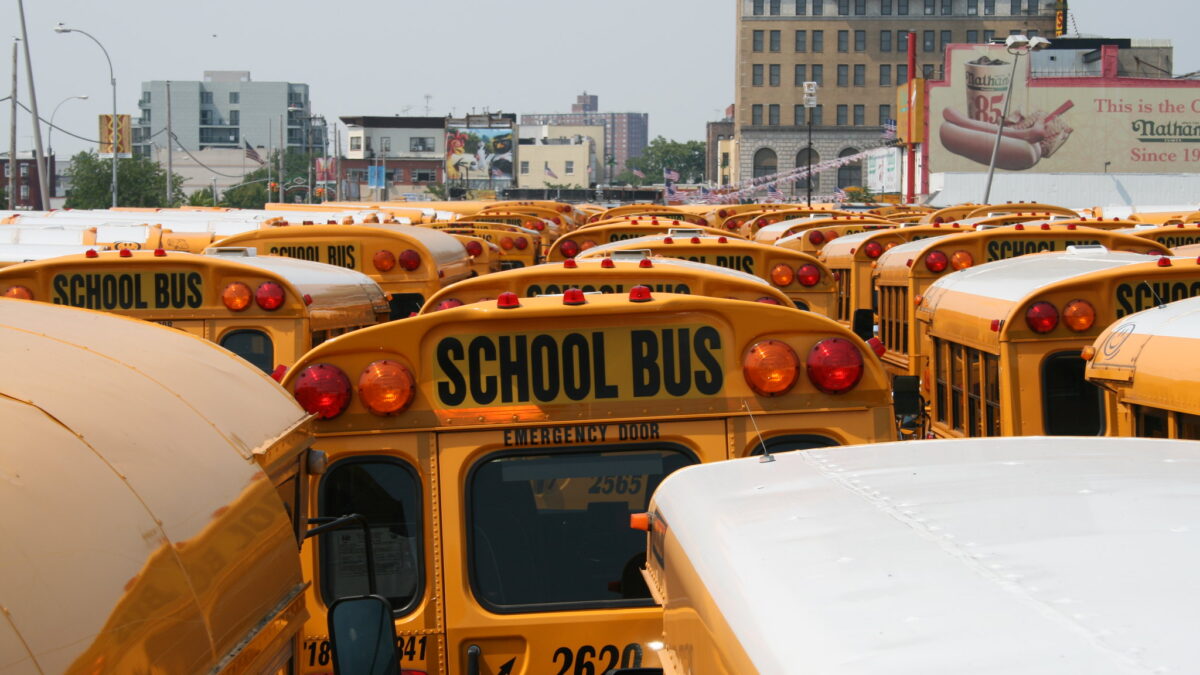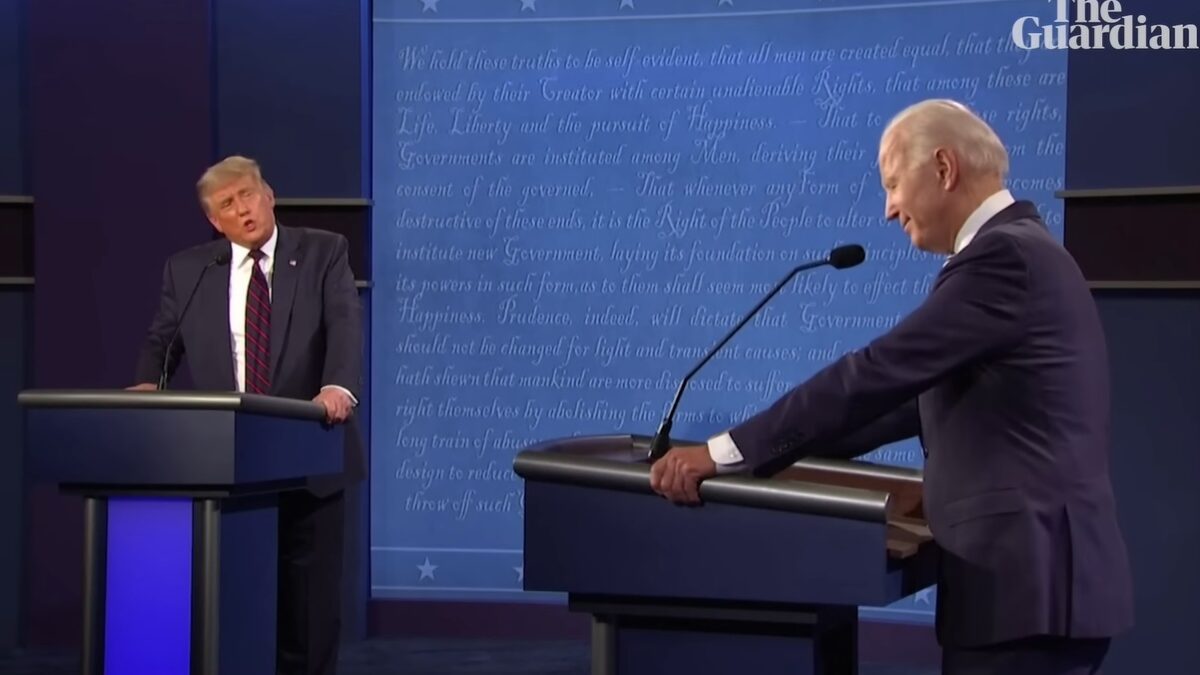Each day brings fresh examples of those interacting with young children hell-bent on sexualizing them — be they kindergarten teachers who think it is their sacred right to talk about their private lives in the classroom, Disney executives who insinuate sexual content into entertainment, or child porn purveyors viewed as victims and receiving light sentences.
It is this grotesque state of affairs that led Florida Gov. Ron DeSantis to sign the Parental Rights Education Act into law. But how will parents know teachers are complying with its ban on discussing sexual matters with children in grades K through 3? More generally, how can parents help ensure their kids are not indoctrinated in woke leftism?
By video cameras in the classroom: that’s how. They are invaluable tools of parental empowerment that came of age in the Covid era of Zoom instruction. For the common good of society, they should be made permanent.
Objections about privacy and creation of a surveillance regime – valid as they may be — did not hold sway during the Covid health crisis; nor should they win the day in the present grooming crisis, especially since the victims are too young to protect themselves. And they are mitigable with numerous robust safeguards.
The concerns about targeting young children in the classroom are real and ongoing.
TikTok is replete with pierced and painted teachers bragging about how they indoctrinate their young students. On March 29, one Florida teacher bragged she will disobey the new law by keeping information about students secret from their parents.
MSNBC recently interviewed a kindergarten teacher upset that the Florida bill impedes his ability to talk about his private life with “his” 5 and 6-year-old students: “It scares me that I am not going to be able to have these conversations with my children . . .I don’t want to have to hide that my partner and I went paddleboarding this weekend.”
A Philadelphia educator tweeted his concern that parents listening in on virtual classroom instruction could cramp his ability to talk about race and sex with “his” children, writing:
“So this fall, virtual class discussion will have many potential spectators — parents, siblings, etc. — in the same room. We’ll never be quite sure who is overhearing the discourse. What does this do for our equity/inclusion work? . . . I am most intrigued by the damage that ‘helicopter/snowplow’ parents can do in honest conversations about gender/sexuality . . . ‘ [W]hile ‘conservative’ parents are my chief concern — I know that damage can come from the left too.”
His worry was well-founded. During Covid, as virtual classrooms broadcasted into homes across the country, parents had unprecedented Zoom access to their kids’ instruction. And in many cases, they were shocked by what they observed, energizing them to speak up in school board meetings about abuses. This infamously led the Biden Administration to label such parents as “domestic terrorists.”
There is no compelling reason the end of Covid restrictions should mean the end of classroom transparency. As most students return to learning in person, and in light of the clear and present danger to kids that manifests itself every day, it is vital to keep those cameras rolling. Given the stakes, there is no reasonable argument that parents should not be able to see the goings-on in the classroom if the teachers, administrators, and students are able to do so.
Cameras Are Not Just for Police
It is a tautology that public education is a public act. As with police and judges performing their public duties in the streets and in courtrooms, there is no expectation of privacy in the classroom.
Moreover, those supporting police body cameras should also support classroom cameras. Both are designed to provide transparency in the case of public employees performing public duties. In both cases, they can detect and deter abuses of power, on the one hand, but can also provide exculpatory evidence for those falsely accused, on the other.
There are legitimate concerns that videos could be accessed by persons other than parents for nefarious purposes. Safeguards such as password-protected access can limit the ability to view the classroom to parents and legal guardians. Software to prevent and detect downloading is often used by companies to prevent theft of computer-based intellectual property, as well as “face blur” and/or voice distortion technology applicable to live video feeds.
Parents can be afforded the opportunity to opt-in or opt-out, affording choice to parents and students alike. Criminal penalties for unauthorized use can be included in the enabling legislation. Additional protections can and should be explored.
Florida and Iowa have recently considered bills mandating cameras in the classroom. Both appear moribund for now. Such bills, with all appropriate safeguards, should be revived nationwide and made a focus in school board elections and the mid-terms. For the children.









